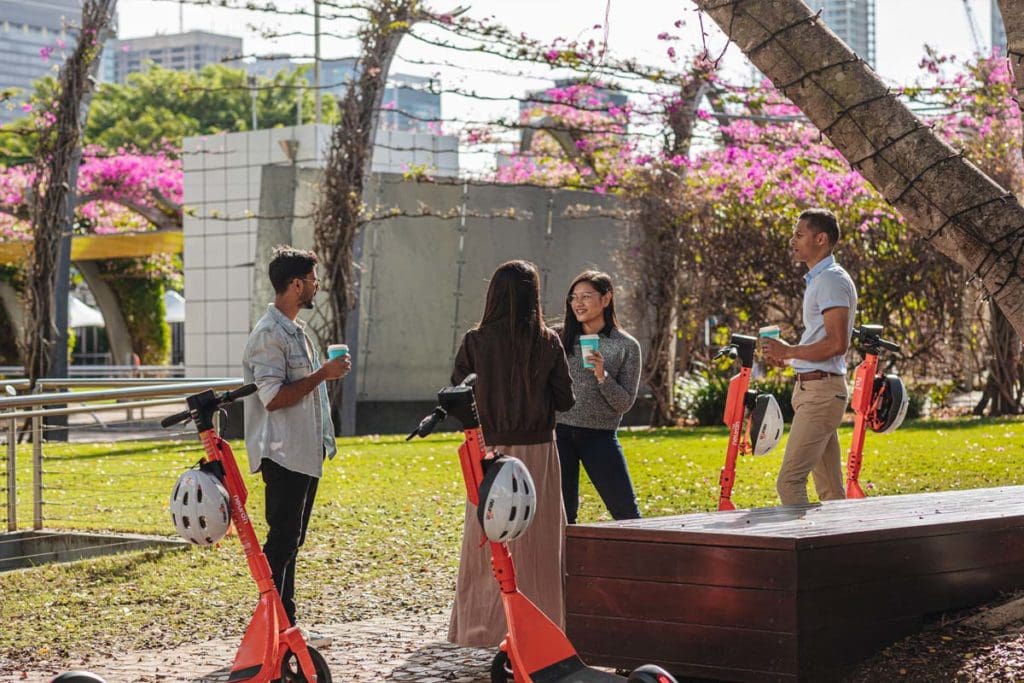Hackathon to Get Gifted Students on Deck for Better Share Services

Singapore
Leading e-scooter operator Neuron Mobility is running a new global competition for tertiary students to design digital solutions that optimise share scooter services.
Neuron’s inaugural Global Hackathon 2022, which began this week, provides university and college students with anonymous trip data from its services and encourages them to design an algorithm and operational plan that would create the most efficient micromobility service possible.
The data science competition is open to students in Australia, Canada, New Zealand, Singapore and the UK, with a first prize of A$3,000.
Teams of up to four students will have two weeks to complete the challenge and will be judged on operational efficiency, market growth and compliance to regulatory requirements.
Prizes will be awarded to the top 14 teams and individuals from the top team will have the chance to kickstart their careers by becoming an intern in Neuron’s world-class data team.
The Hackathon challenges participants to optimise rental e-scooter and e-bike services in a fictional city.
Neuron operates e-scooter and e-bike share services in 26 locations across highly regulated markets in Australia, Canada, NZ and the UK, where a fixed number of vehicles is permitted by each city.
“Such operating environments present unique conditions and contestants will have to take these into consideration, such as managing a high usage rate for each vehicle, and the need to pick up, charge and redistribute a limited fleet across areas with varied demands,” the company says.
“Neuron’s global focus is to be the best partner to cities by being flexible and forward thinking in how it operates, and the Hackathon aims to develop innovative ways for the company to ensure that they are operating their fleets in the safest, most responsible and sustainable way possible.”
Neuron’s chief technical officer, Harry Yu, said Hackathon was a great way for students to put their data analysis skills to the test by tackling real-life scenarios using anonymised city data.
All team members must be a full- or part-time student from a tertiary education institution and must have a valid student email.
For more information, visit Neuron’s website.
